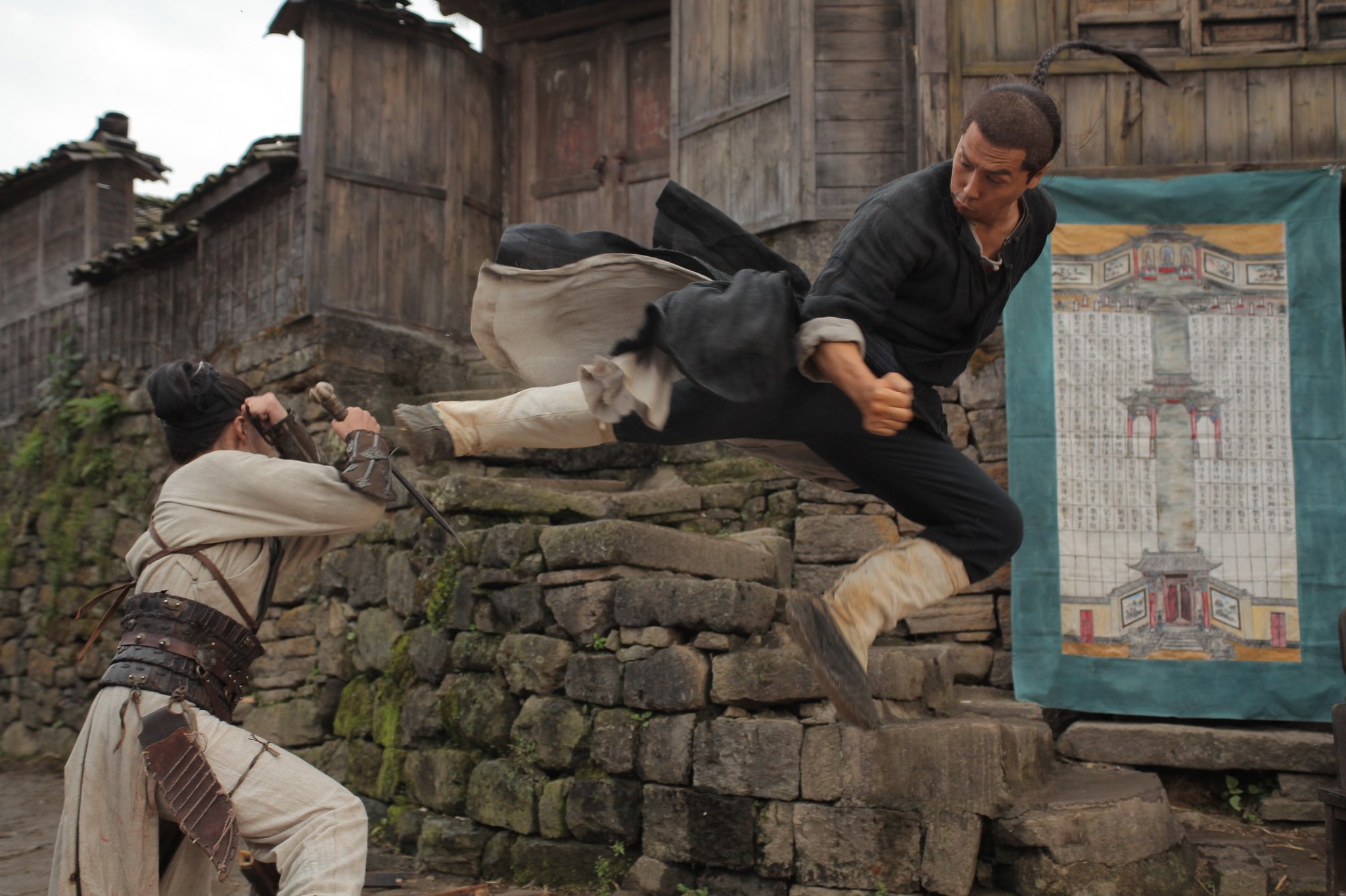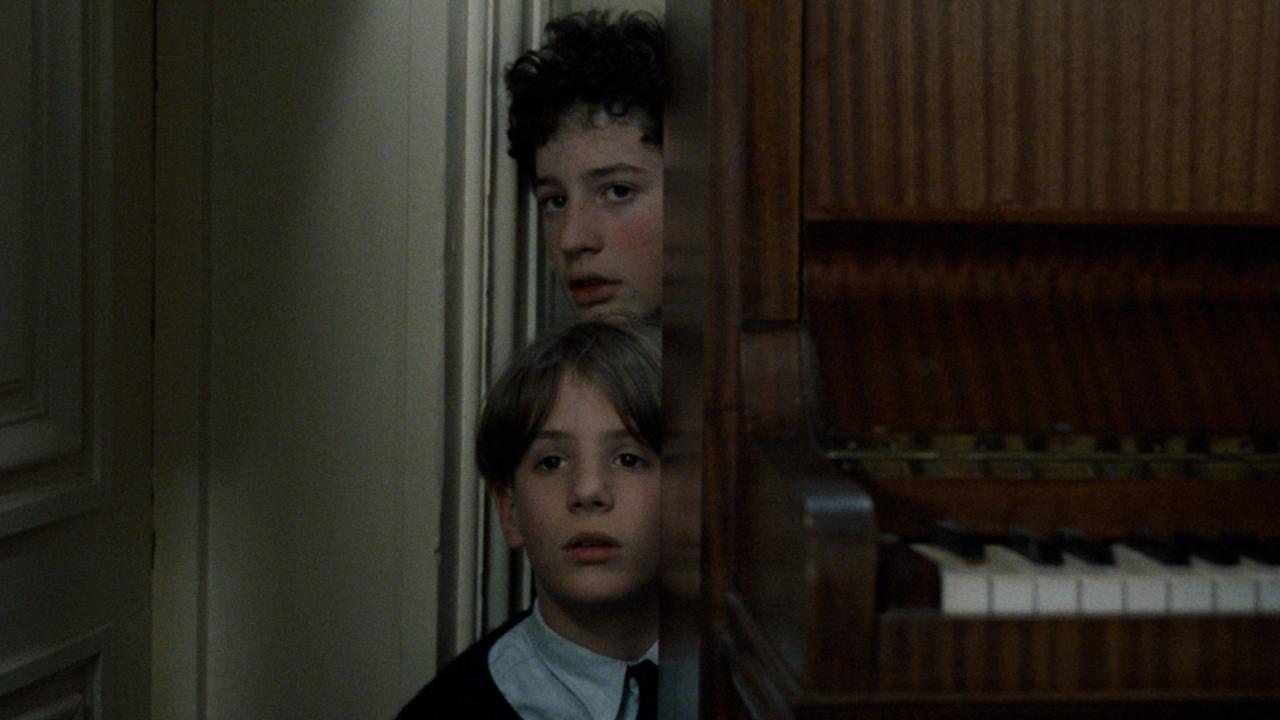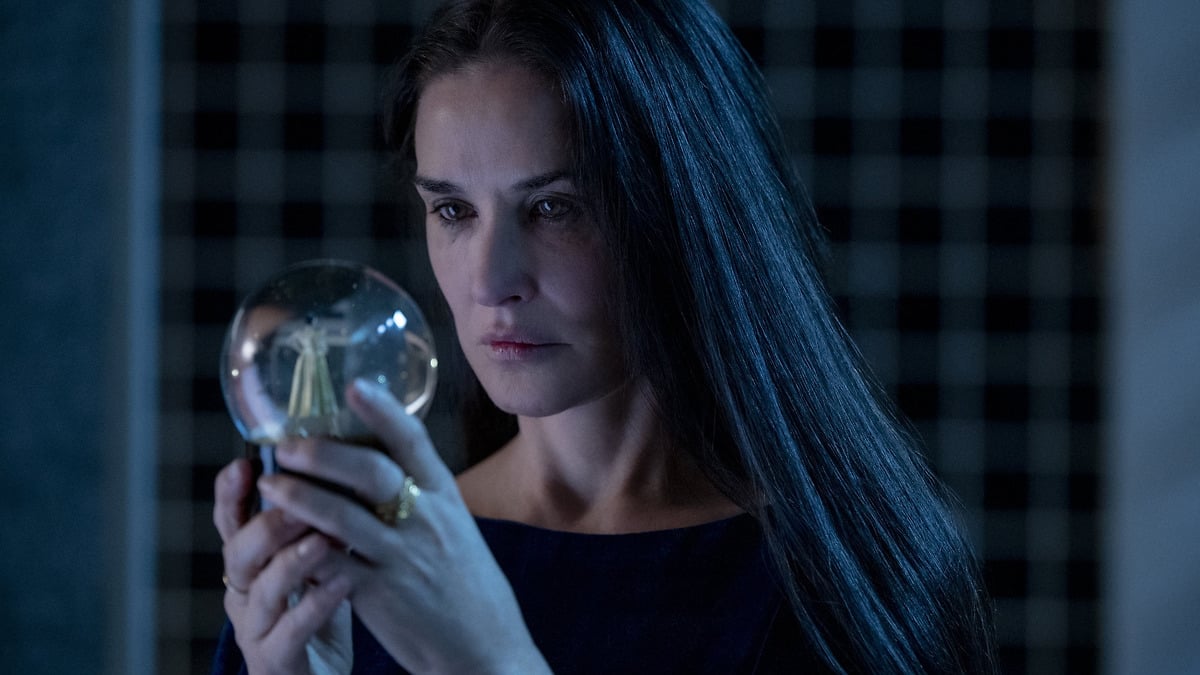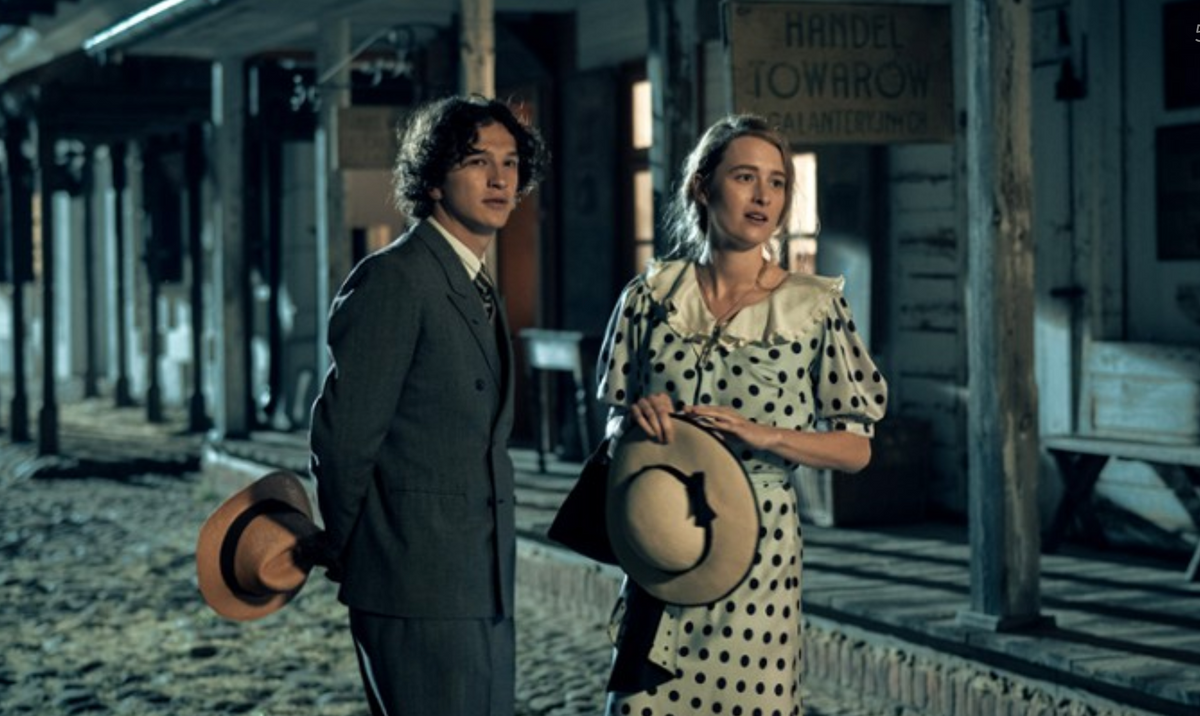
Movie
7.9
The Staff
TLDR
We love a period romantic drama that feels epic and full-bodied.
What it's about
The take
Little England is one of those rare cases in small-nation cinemas, where a film was equally appealing to mainstream and arthouse audiences. Upon its release, it was box office success and 2013's Oscar submission for Best International Feature. Festival darling Pantelis Voulgaris equipped this interwar romantic drama with the attributes of an epic: it's two hours and a half long, spans across decades, and is based on a novel of a notable size. Written by renowned author Ioanna Karystiani, who is also Voulgaris's wife, "Little England" the novel was adapted in a riveting screenplay where love, jealousy, passion, and betrayal sizzle in a dangerous mix. As any good period drama, the emotional range is high, and the beauty in the premise—forbidden love—is a gift that keeps on giving. The film features two stellar lead performances, as Pinelopi Tsilika and Sofia Kokkali make their acting debuts as the two sisters, the latter being the face of a new, even more daring phase of Greek cinema today.
What stands out
Cinematographer Simos Sarketzis knows how to make a period film look lush. With a color palette of warmer yellows and greens, the look of Little England is almost earthly, in contrast with the sea as an overbearing presence both physically and in conversations. Sarketzis's camera is sometimes handheld, but mostly controlled in its swishing motions that capture the emotional turmoil and latitude of the amorous characters. He frames faces as beatific, without exception, and the serenity with which he switches from nature to humans to nature again, recalls the artistic synergy of a Terence Davies film.
Comments
Add a comment
Your nameYour comment
UP NEXT
UP NEXT
UP NEXT
Curated by humans, not algorithms.

© 2024 agoodmovietowatch, all rights reserved.















